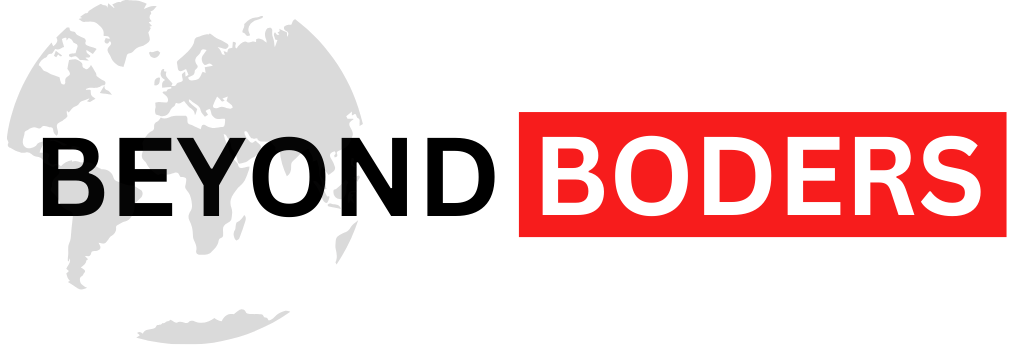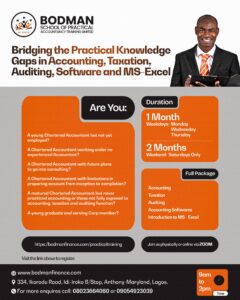If you have got a house, a car, or went to college, you probably had to borrow money. Truth be told, dealing with debt can be tough, especially if you are stuck with a high interest rate, but paying off your loans ahead of schedule can save you money and give you more cash to work with sooner. Here is what you should think about before you start trying to get rid of your debt early.
1. Should You Pay Early?
First, think about why you want to pay off your loan early. Here are the good and bad sides of paying early:
Good sides
1. Save on interest
2. Get more money sooner
3. Cut down on debt fast
4. Feel free from debt stress
Not-so-good sides
1. Miss out on investment gains
2. Less flexible if you need cash suddenly
3. Might face penalties for paying early
4. Could lose credit benefits
5. Lose out on tax breaks
Paying early is smart for high-interest debt, but not always for lower-rate loans, unless you really hate being in debt.
2. What About Different Loans?
If you are set on paying early, here is how it works for different loans:
1. Mortgages
You can usually pay extra without penalties. Hence, try making payments more often or in bigger chunks, as this is good for building up ownership and cutting interest.
2. Auto Loans
Paying early saves on high interest; there are no big penalties usually and you pay more each month or in one big sum.
3. Student Loans
Here, there are no fees for paying early usually, you get to send extra payments or pay more often, while you might lose tax breaks or forgiveness options.
4. Personal Loans
Check if there are penalties for paying early, put extra cash towards principal and pay off high-rate loans first.
Conclusively, you have to stick to your budget and put extra money towards your high-interest debt in order to pay off loans faster. Check your loan rules and make a plan. It takes discipline, but it will save you money and stress in the end.




